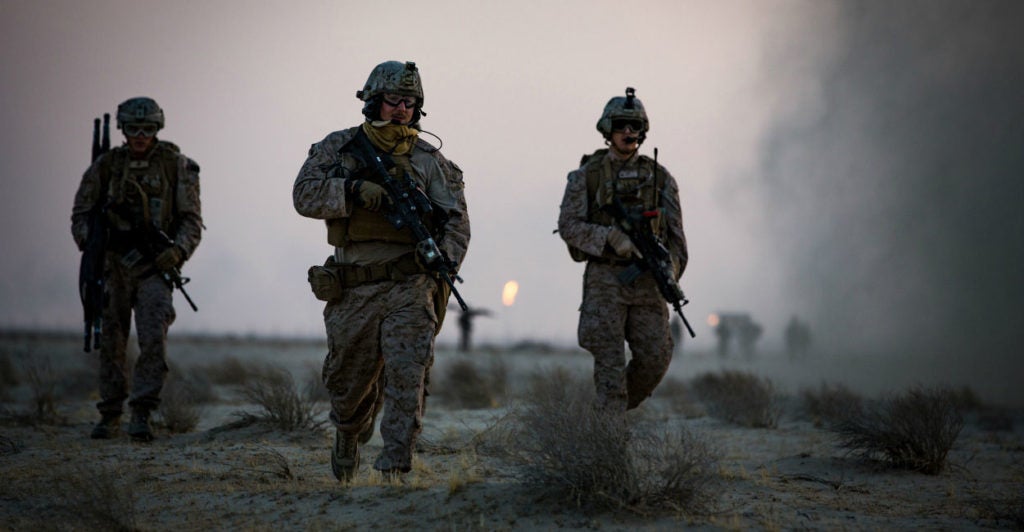From now until Jan. 20, 2017, Obama administration national security officials need to do everything they can to ensure that the incoming team is ready to take over the government and continue the important work of protecting the security of the United States. The Donald Trump team needs to be ready on Day One for anything that might arise.
In October 2008, a month before the U.S. election, the Honorable Kenneth L. Wainstein came to The Heritage Foundation and gave a lecture titled “Protecting Against the Terrorist Threat: Continuing the Fight and Confronting the Challenges Ahead.”
Wainstein, who at the time was the serving as assistant to the president for homeland security and counterterrorism, gave important suggestions on the transition of power between administrations regarding national security officials.
Wainstein claimed that right after an election, during the transition phase, the counterterrorism community has an “additional responsibility” to make sure that “the functions of government and particularly those relating to national security are passed along to the next administration with a minimum of operational disruption.”
Quoting the 9/11 Commission, Wainstein explained how the new administration must plan ahead and ensure that candidates for critical positions are “quickly identified” so they are brought up to speed with as much time to prepare as possible. It is critical that the old administration fully equips its successors to take over.
Wainstein encouraged the Senate to “quickly work through the confirmation process, particularly for national security positions.”
The outgoing administration, he claimed, must make sure “that our successors have a clear idea of the terrorist threat, and a comprehensive understanding of our capacity to meet that threat, and as a part of that understanding, it is important that they appreciate the thinking that went into the counterterrorism infrastructure that has been established over the past [15] years so they can continue the process of building and strengthening our defenses against the terrorist threat.”
Obama administration national security and counterterrorism officials need to explain the reasoning for current counterterrorism practices and positions to the incoming Trump team to allow them to continue to build and strengthen the progress that has happened since 9/11. The Obama administration needs to ensure that its replacements are prepared before they come into the chambers of power.
Wainstein harkened back to the remarkable advances our intelligence community, law enforcement, and national security agencies have made since the attacks on Sept. 11, 2001.
Providing some historical context, he applauded how our counterterrorism abilities have prevented many terrorists’ attacks around the nation and world. He noted how we and our allies have “removed dozens of senior terrorist leaders from the battlefield.” We’ve succeeded in making it “harder, costlier, and riskier for terrorists to move money around the world.”
These accomplishments, he argued, were particularly impressive because the war on terror isn’t like World War II. The enemy doesn’t have tangible national assets to take or destroy. Its power is diffused, less tangible, and more difficult to destroy. The power of terrorist groups “lies in their patience.”
He warned that because terrorists are prosecuting a long-term war to remove freedom of speech and religion and to re-establish a seventh-century caliphate, they can be patient and methodical—and that is what makes them truly dangerous.
Wainstein’s advice and recommendations remain relevant to the current transition between two very different administrations.
The differences in politics between changing administration officials and opinions about the election should not interfere with our national security, and hopefully won’t. The stakes are just too high.
